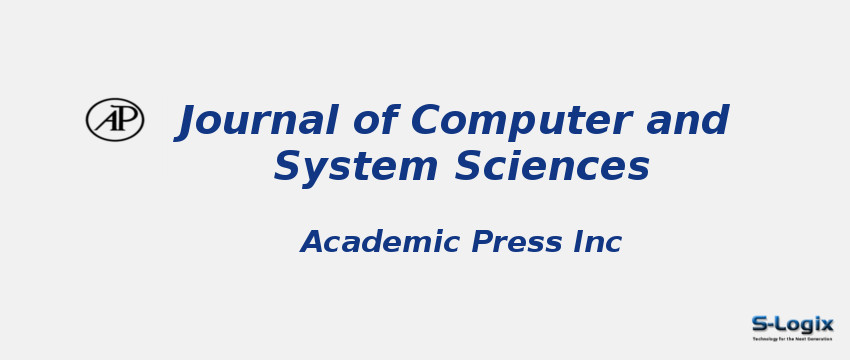Journal Home: Journal Homepage
Editor-in-Chief: M. Segal
Print ISSN: 0022-0000
Electronic ISSN: 1090-2724
Abstracting and Indexing: Science Citation Index Expanded, Scopus.
Imapct Factor 2024: 0.9
Subject Area and Category: Computer Sciences, Electronics and Telecommunications, Mathematics
Publication Frequency: Bimonthly
H Index: 106
Q1: Applied Mathematics
Q2:
Q3:
Q4:
Cite Score: 3.7
SNIP: 1.081
Journal Rank(SJR): 1.033
Latest Articles: Latest Articles in Journal of Computer and System Sciences
Guidelines for Authors: Journal of Computer and System Sciences Author Guidelines
Paper Submissions: Paper Submissions in Journal of Computer and System Sciences
Publisher: Academic Press Inc Elsevier Science
Country: USA
